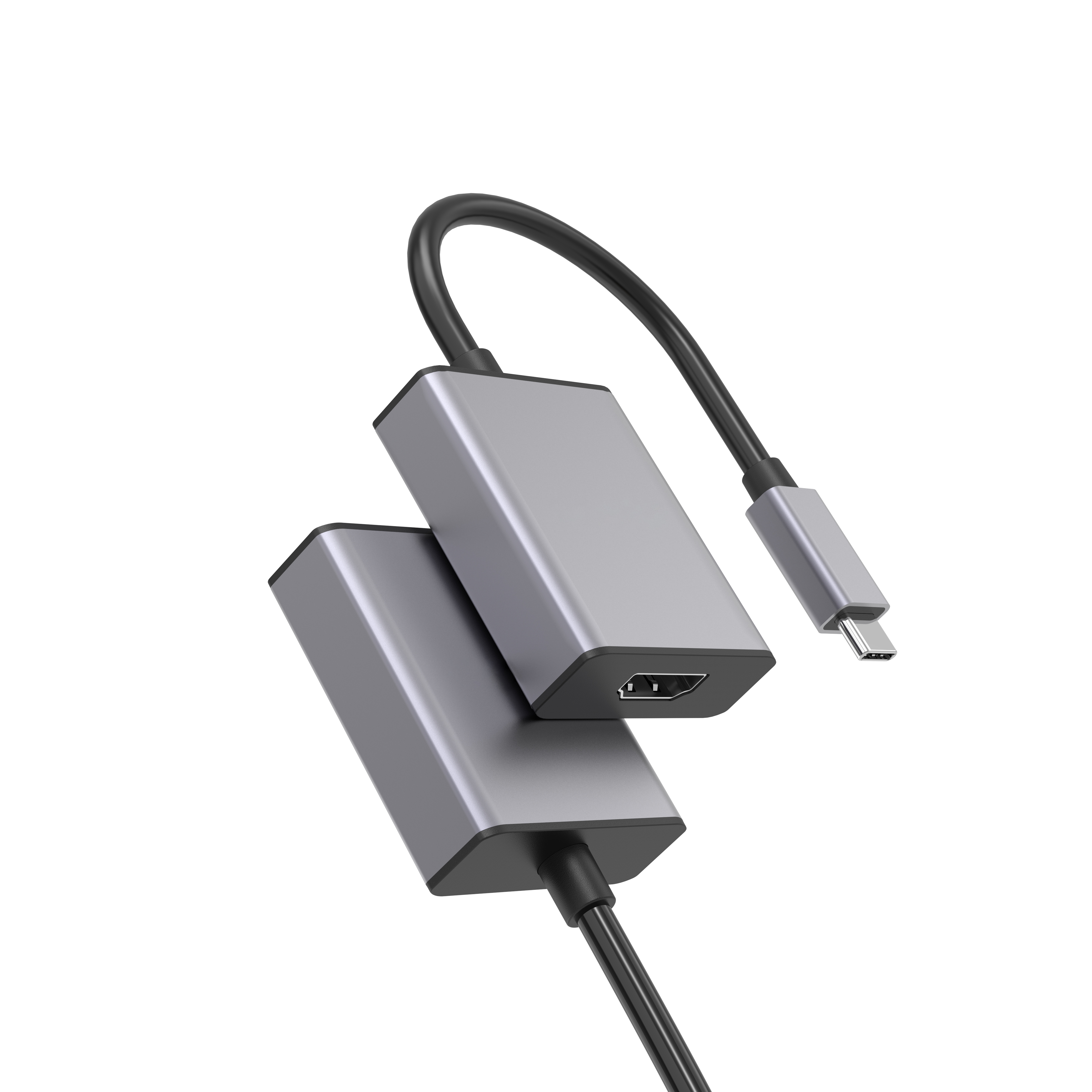Which is better, HDMI switcher or splitter?

When it comes to managing multiple devices with a single HDMI input, both HDMI switchers and splitters serve as valuable tools. However, they have distinct functionalities that make them more suitable for specific situations. Let's dive deeper into the differences and benefits of HDMI switchers and splitters to determine which one is better for your needs.
1. HDMI Switchers
HDMI switchers are designed to connect multiple HDMI sources to a single display. They allow you to choose between different input sources conveniently. With an HDMI switcher, you can easily switch between devices like gaming consoles, Blu-ray players, and streaming devices without constantly unplugging and replugging cables.
One key advantage of HDMI switchers is their ability to maintain high-quality video and audio signals. They support various HDMI standards, including 4K resolution, HDR, and DTS-HD audio formats. Additionally, some advanced HDMI switchers offer features like remote control, automatic switching, and picture-in-picture mode for enhanced user experience.
2. HDMI Splitters
On the other hand, HDMI splitters are used to replicate a single HDMI signal and distribute it to multiple displays simultaneously. This is particularly useful in scenarios where you want to display the same content across multiple TVs, monitors, or projectors. HDMI splitters eliminate the need for duplicate source devices, saving both space and money.
HDMI splitters come in various configurations, such as 1x2, 1x4, or 1x8, indicating the number of outputs they support. Some splitters also allow you to cascade multiple units together to expand the number of outputs available.
3. Choosing the Right Device for Your Needs
The decision between an HDMI switcher and splitter ultimately depends on your specific requirements. Here are some factors to consider:
Number of Displays: If you need to connect multiple displays to a single source, an HDMI splitter is the better choice. However, if you want to connect multiple sources to a single display, an HDMI switcher is more appropriate.
Functionality: Consider the additional features offered by HDMI switchers, such as remote control or automatic switching, if convenience is a priority for you. HDMI splitters are more straightforward in terms of functionality.
Budget: HDMI switchers and splitters vary in price, with switchers generally being more expensive due to their advanced features. Evaluate your budget and choose accordingly.
In conclusion, both HDMI switchers and splitters are valuable tools for managing HDMI connections, but their functions differ. Determine your specific requirements and consider factors like the number of displays, functionality, and budget to make the right choice for your setup.



